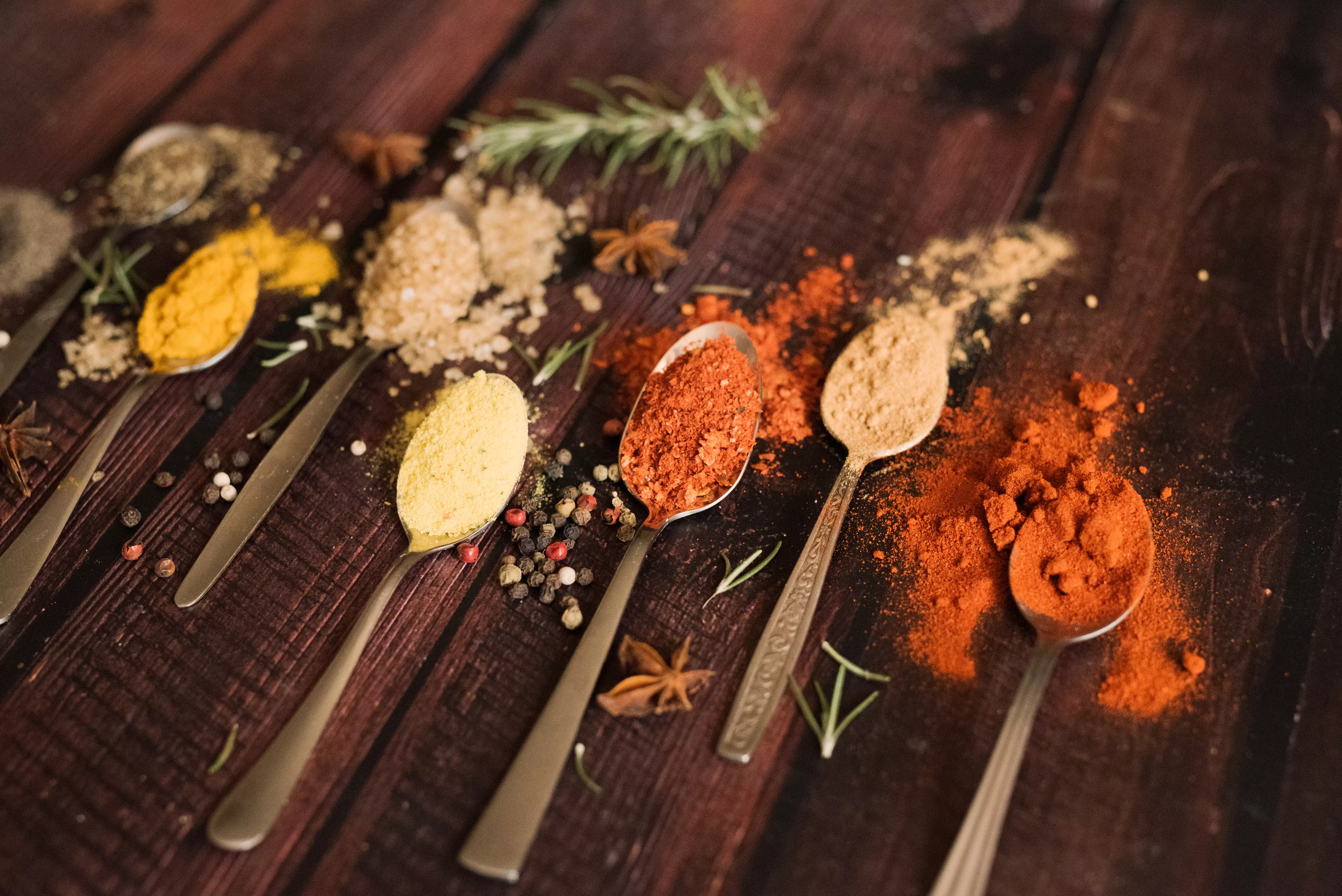Introduction to the world of spices
Spices are not only a way to add variety to the taste of our dishes, but also a key part of a healthy diet. Their rich flavor and health-promoting properties can make a significant difference in our daily cooking and well-being. In this article, we will look at how spices can bring out the flavor in food, affecting the palatability as well as the nutritional value of our dishes.
The importance of spices in the diet
Spices are an integral part of the culinary culture of many societies. Their history stretches back thousands of years and includes a variety of uses, from liquids to herbal therapies. Many people are unaware of the great role they play in everyday meals, not only in terms of taste, but also the nutritional value they offer.
How do spices affect the taste of food?
Each spice has its own unique properties that can enhance the flavor and aroma of dishes. By adding the right spices, we can enhance the flavor of ingredients that may seem unattractive at first glance. For example, garlic and onions add great flavor to dishes, while paprika can add warmth and depth.

Spices and the balance of flavors
The use of spices allows for a perfect balance of flavors - sweet, sour, bitter and salty. For example, adding lemon to fatty fish dishes can balance their flavor and make them more palatable.
Health benefits of spices
In addition to enhancing the flavor of dishes, many spices have health-promoting properties that can positively affect the body. For example, turmeric is known for its anti-inflammatory properties, while ginger is said to support digestion and relieve nausea.
Antioxidants and spices
Many spices are rich in antioxidants, which help fight free radicals and can reduce the risk of many diseases. For example, cinnamon has strong antioxidant properties, making it an excellent addition to many dishes.
Popular spices in healthy cooking
Some spices have gained particular popularity among health-conscious people:
Turmeric - with its anti-inflammatory properties can be found in many diets.Ginger - often used in Asian cuisines, aids digestion.Garlic - known for its antibacterial and immune-boosting effects.Cayenne pepper - turns up the metabolism, speeding up calorie burning.Basil and oregano - indicated for a healthy cardiovascular system.Examples of using spices in everyday cooking
Here are some tips on how you can use spices in your daily meals:
Enhancing the flavors of meat dishes: In addition to salt and pepper, consider adding rosemary or thyme for better flavor.Vegetables: Fried or roasted vegetables with the addition of paprika, garlic and olive oil gain in flavor and nutritional value.Soups: To enhance the flavor of soups, add herbs such as basil or Roman cumin, which will add depth to the dish.Salads: Their flavor can be varied by adding cinnamon or cumin, which can introduce an unusual but tasty touch.How to choose spices?
The choice of spices is crucial. It is important to go for high-quality spices, preferably fresh and organic. Avoid ready-made spice blends, which often contain harmful additives and preservatives. It's worth betting on local producers or growing herbs yourself.
Storage of spices
Proper storage of spices is another key element. Keep them in dark, hermetically sealed containers, away from sources of heat and moisture, so that they retain their aromatic and health-promoting properties. Regularly checking the expiration dates of spices will help avoid using them in dishes.
Summary
Spices are not only a culinary element, but also a source of health and well-being. Their skillful use in the kitchen can not only enrich the taste of our dishes, but also contribute to better health. It is worth investing in high-quality spices to take full advantage of their beneficial properties. So the next time we cook, let's remember the power of spices - they really can bring out the flavor and health from every bite!

Add comment